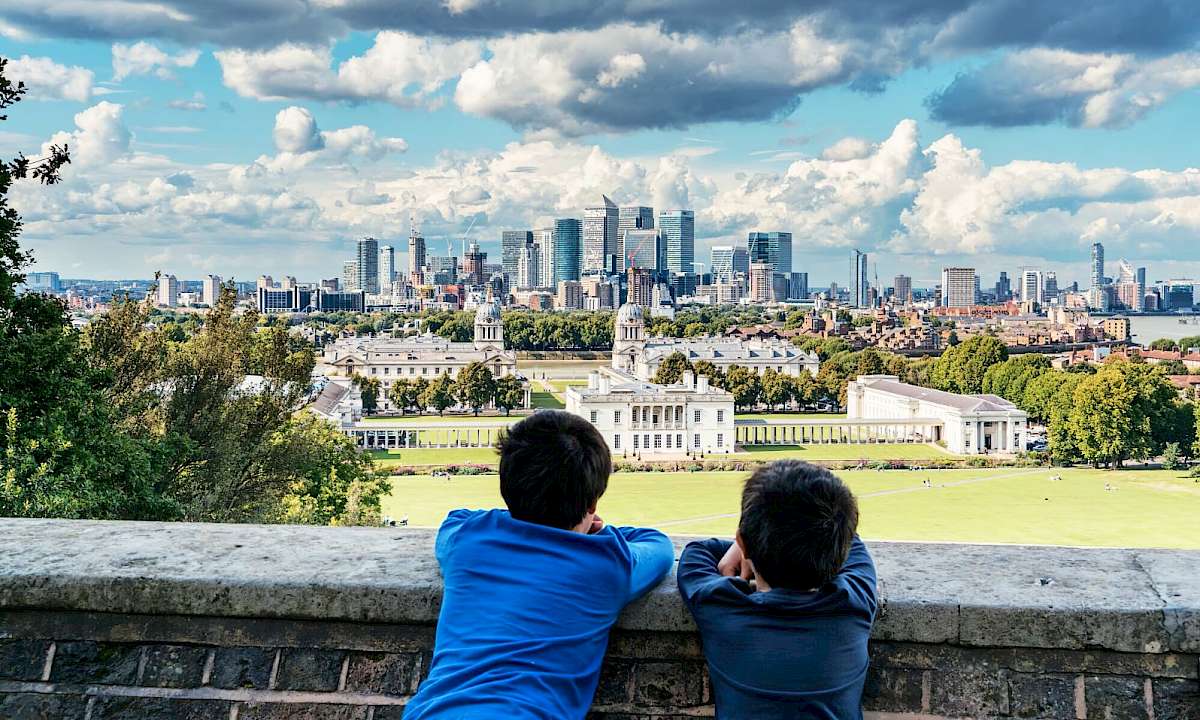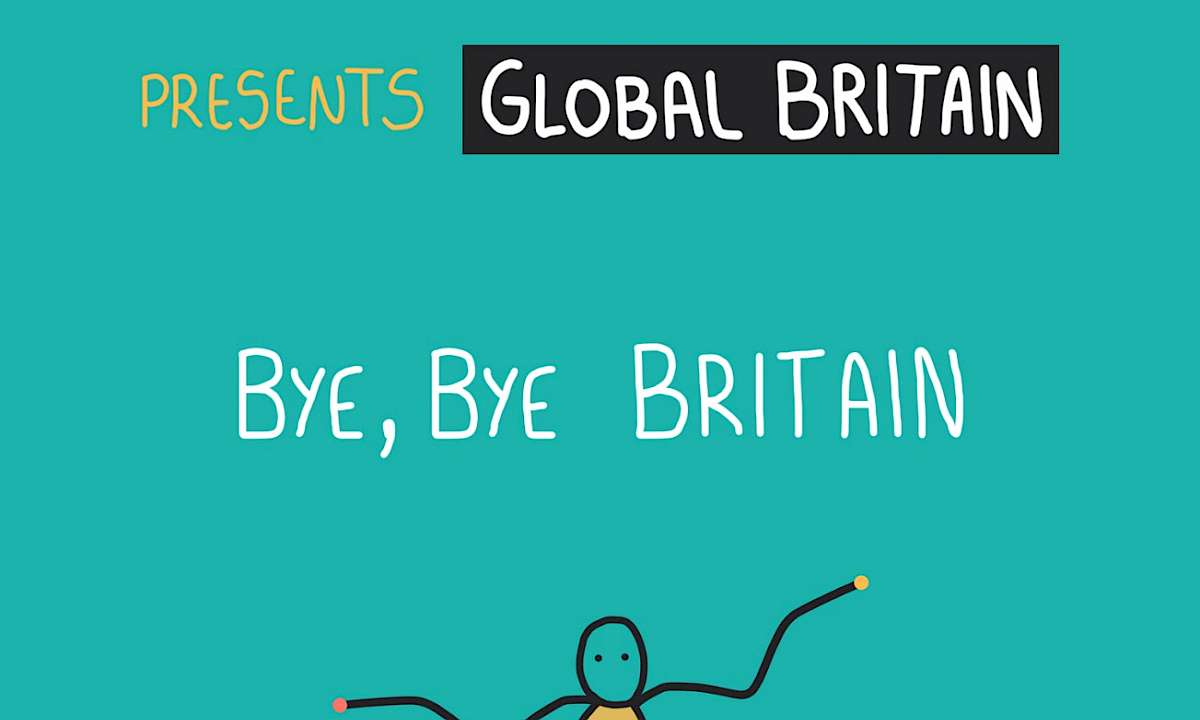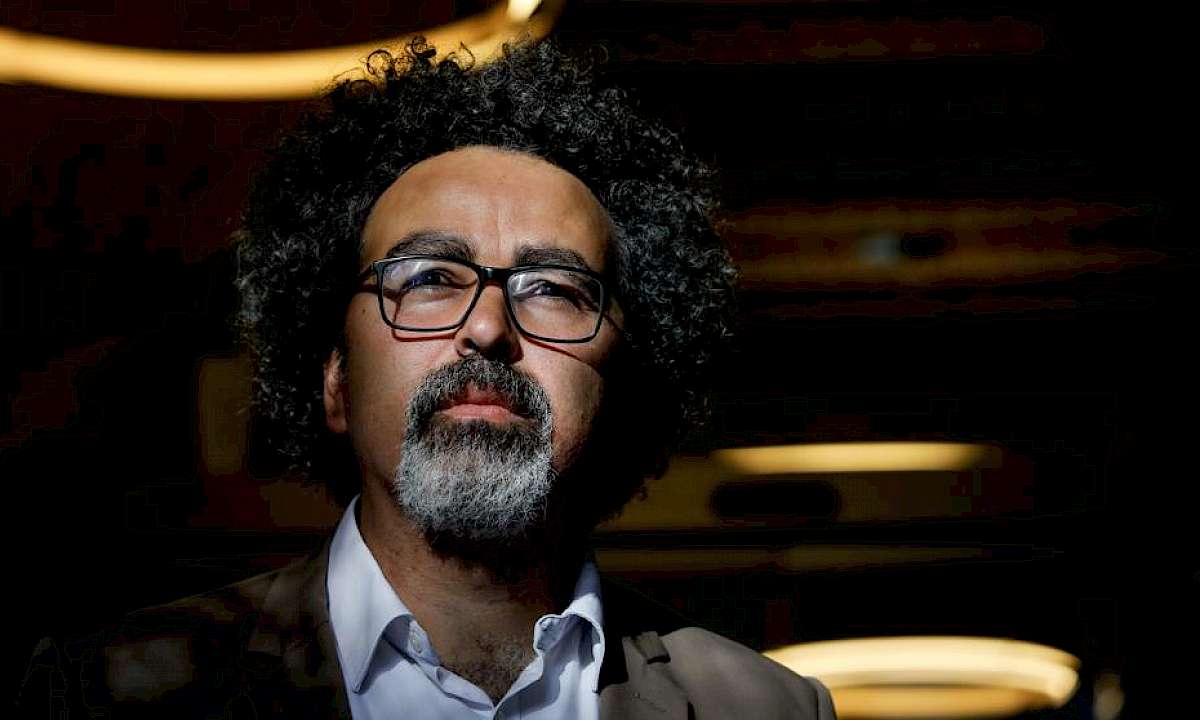
I don't think that the Illegal Migration Bill [now, Act] is going to lead to long term meaningful changes, it seems really obvious that the government is very quickly going to have to reverse those changes and deal with the people who are left in the UK in the long term, just like they've already started to undo the legislation that was passed in 2022. One of the key planks of that was treating refugees differently depending on their mode of arrival, and the government announced quite recently that they've stopping doing that, because it was counterproductive. It just created more work for the Home Office, and it deterred nobody from coming. So, I expect we'll be seeing something along those lines happening in a year or two with the Illegal Migration Bill [ibid.] as well.
— Colin Yeo
Episode 4 of our podcast collaboration with Who do we think we are? launches today. And we’re talking the UK’s Migration Regime, how it changed since Brexit, the main political motives underpinning these changes, and the tensions and implications following from them.
Listen to the episode here
Hear from MIGZEN researcher Catherine Craven as she explains what we mean by ‘Migration Regime’, its key elements, and its multiple scales—including at EU and UK level. Our guest Colin Yeo, a leading immigration barrister, founder of the Free Movement Law blog, and author of Welcome to Britain, outlines the key changes in the UK’s migration regime occurred since Brexit, and offers his thoughts on why policies aimed at deterrence, such as the recently endorsed Illegal Migration Act, are unlikely to achieve their publicly stated goals. And co-hosts Nando Sigona and Michaela Benson reflect on the politicisation of migration within the post Brexit migration regime, how this is reflected in rhetoric and the framing of new legislation, policy and guidelines and how these changes are viewed by EU citizens in the UK and British citizens in the EU who before Brexit had exercised freedom of movement between the UK and EU.
Brexit has brought significant changes to the UK’s migration regime. Broadly, these changes reflect the government’s political aspiration to ‘take back control’ over immigration by exercising maximum choice over which migrants and refugees to allow within its borders – something that our podcast episode guest Colin Yeo referred to as a kind of ‘pick your own’ approach’. In the government’s intentions, this approach ought to have brought down net immigration figures by the hundreds of thousands – a goal that, as the latest Immigration statistics clearly show, was missed by far. But what kind of objective was it, to begin with? As Nando explains,
I think the whole conversation around the net migration and the high figures is actually misplaced, and the question we should ask to the government is, actually, what's the problem with high immigration numbers? They never address it, because you could argue that having a high number of immigrants coming in is partly the result of their own policy, but it's also an indicator of the economy that is recovering from COVID, is recovering from the shock of Brexit. It is also an important instrument to build this Global Britain with our connection with the world outside Europe.
At the core of the government’s rhetoric around the introduction of the points-based immigration system lays the principle of ‘fairness’. Whilst this may sound counterintuitive to many, it’s undeniable that the erasure of all vestiges of the privileged mobility rights previously enjoyed by EU citizens within the freedom of movement (migration) regime has levelled the field for non-British nationals. Everybody’s potentially equal, that is, at the UK border – you just need to score enough points, and you’re in. But what happens as people go through this system? As Michaela explains, this interpretation of fairness conceals the extent to which the migration system produces,
quite a significant stratification of rights there, [which ought to bring us] to think about the kind of conditions of settlement of people and the consequences of those changes, of this kind of streamlining of the immigration regime in the way that the government has imagined since Brexit, and how that links to the production of particular forms of migrant subjectivity, where people have more or less precarious rights, where we might see new forms of dependency being introduced, and where we're seeing significant changes in respect to people's rights as migrant workers.
These new stratifications, in turn, do not happen in a vacuum and do not affect migrants only. As is well known, migrant workers’ precarity and vulnerability may play in the hands of their employers as well as in those of political entrepreneurs playing the old game of divide and rule. This is why, we conclude, alliances that traverse rather than follow the borders of the nation are ever more important to move beyond formalistic notions of fairness and pursue justice.
Tune in to the remainder of the season, to find out how the redrawing of boundaries around both the British and EU imagined communities is entangled with a changing migration-citizenship regime, which continues to shape the lives of migrants and rewrites Britain’s migration story after Brexit.
You can listen to the podcast and the back catalogue, access our shownotes, active listening questions and transcripts on our podcasts page.
And you can follow the podcast on all major podcasting platforms or through our RSS Feed
Photo by Glenn Carstens-Peters on Unsplash






